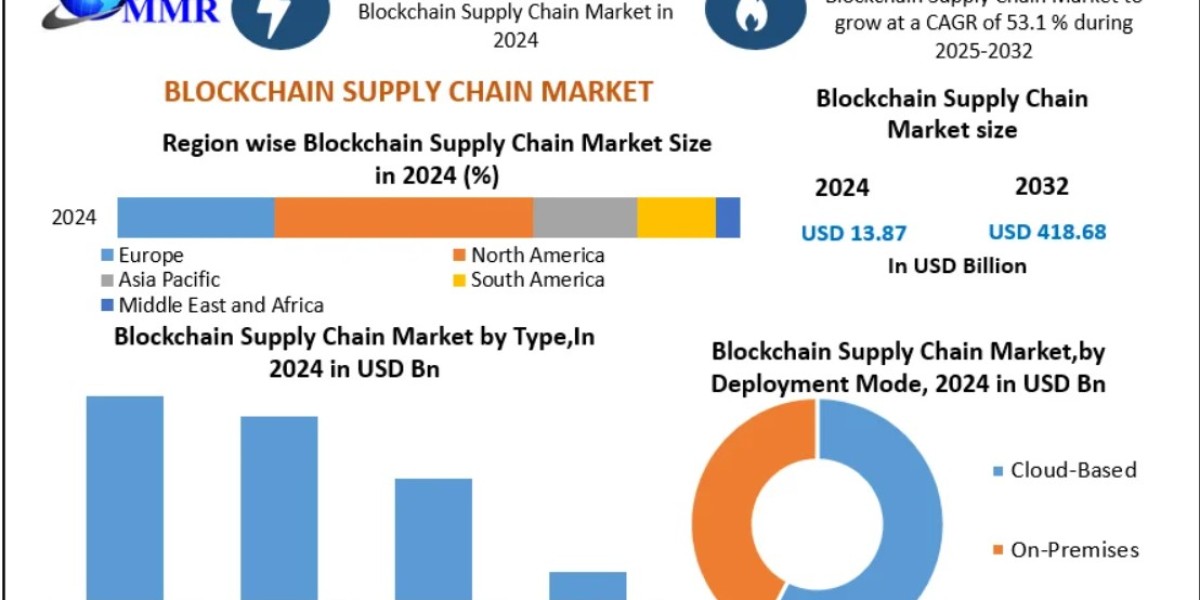In today’s competitive business environment, optimizing warehouse logistics is crucial for success. A robust Warehouse Management System (WMS) can transform how businesses manage inventory, streamline operations, and improve customer satisfaction. Whether you’re a D2C brand, an e-commerce business, or a logistics company, implementing a WMS offers a multitude of benefits that can significantly enhance your operations. Below are the top eight benefits of a Warehouse Management System (WMS).
1. Improved Inventory Control
Effective inventory control methods are essential to ensure that businesses don’t overstock or run out of products. A WMS helps businesses maintain optimal stock levels by providing real-time visibility into their inventory. By tracking the movement of products in and out of warehouses, businesses can avoid costly stockouts and reduce excess inventory, ultimately improving cash flow and reducing storage costs. Inventory control techniques, such as FIFO (First In, First Out), are easily integrated with a WMS, ensuring that inventory is rotated and managed efficiently.
2. Streamlined Operations and Logistics
A WMS enhances logistics and supply chain management by optimizing warehouse workflows. It automates tasks like order picking, packing, and shipping, improving efficiency and minimizing human error. For D2C brands or businesses using third-party logistics (3PL), this can reduce lead times, improve delivery accuracy, and enhance overall customer satisfaction. The automation provided by a WMS also ensures smoother collaboration between different departments, such as procurement and shipping, enabling businesses to operate more effectively and efficiently.
3. Real-Time Inventory Visibility
One of the biggest advantages of a WMS is the real-time tracking of inventory. Whether you operate in warehouses in Mumbai, warehouses in Chennai, warehouses in Delhi, or warehouses in Bangalore, a WMS offers centralized, up-to-the-minute data on your inventory. This helps businesses make informed decisions on replenishment, sales forecasts, and demand trends. Additionally, having up-to-date information allows you to respond quickly to changes in customer demand, improving your e-commerce logistics and customer service.
4. Enhanced Order Accuracy
Manual order processing often leads to errors that can result in wrong deliveries or customer dissatisfaction. A WMS eliminates this issue by automating the order fulfillment process, reducing human intervention. By scanning barcodes and using advanced software to match orders with inventory, a WMS ensures that orders are picked and shipped with greater accuracy. This leads to fewer returns, better customer retention, and lower operational costs.
5. Increased Operational Efficiency
A WMS allows businesses to automate several manual processes, resulting in significant operational efficiency gains. By integrating logistics services into the warehouse operations, businesses can improve their throughput by reducing the time it takes to process orders. With optimized routes for picking, automated replenishment, and streamlined shipping processes, a WMS ensures that resources are used more efficiently, reducing both labor and transportation costs. As a result, businesses can fulfill more orders at a faster rate with fewer errors, giving them a competitive edge in the marketplace.
6. Scalability for Growth
As businesses grow, their warehousing needs evolve. A WMS offers the scalability necessary to accommodate these changes. Whether you’re expanding your warehouse capacity in Mumbai, adding new locations like Bangalore, or integrating new services like 3PL for e-commerce logistics, a WMS adapts to the changing demands of your business. The system can accommodate more inventory, multiple locations, and increasingly complex supply chains without requiring significant manual intervention or additional resources.
7. Enhanced Customer Service
With better inventory control, faster processing, and more accurate deliveries, customer service improves significantly with a WMS. Customers expect fast, reliable deliveries, and a WMS ensures businesses meet these expectations by providing accurate stock information and reducing order fulfillment errors. For D2C brands or any business reliant on timely deliveries, a WMS enhances your ability to keep customers happy by ensuring that products are in stock and delivered on time.
8. Cost Reduction
Implementing a WMS leads to long-term cost savings across the board. By automating routine tasks, reducing the need for manual labor, and improving inventory accuracy, businesses can significantly lower their operating costs. With optimized storage space and improved order picking methods, businesses can also reduce their overall warehousing expenses. Moreover, the integration of third-party logistics (3PL) services via the WMS enables businesses to take advantage of bulk shipping rates and outsourced logistics support, further cutting down on costs.
Conclusion
For businesses in India, from e-commerce logistics to warehousing solutions in cities like Chennai, Delhi, and Bangalore, a Warehouse Management System (WMS) offers invaluable benefits that can enhance operations and customer satisfaction. The combination of real-time inventory visibility, enhanced order accuracy, and operational efficiency ensures that businesses can scale effectively while maintaining control over their supply chain. Implementing a WMS is a smart decision for companies looking to streamline their operations, reduce costs, and improve customer service in today’s fast-paced market.
Source: https://www.emizainc.com/top-8-benefits-of-a-warehouse-management-system-for-your-business/







